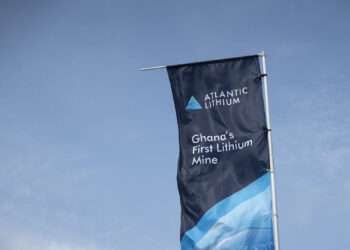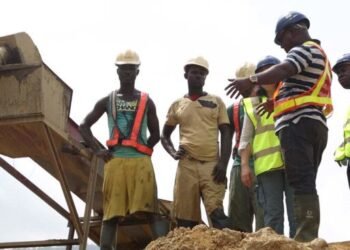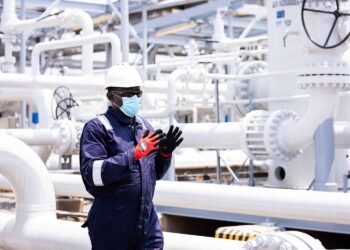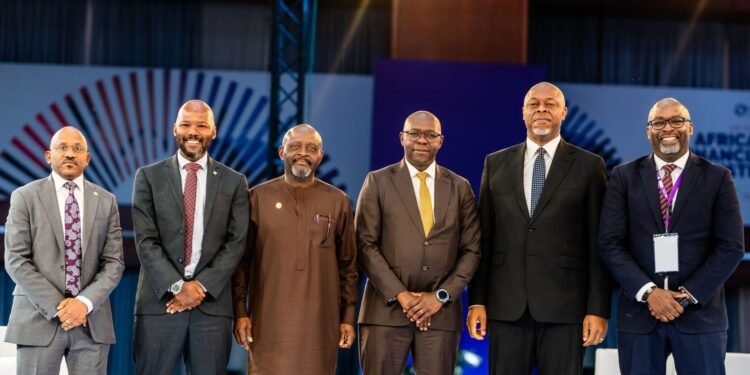Ghana’s natural gas sector has emerged as a vital contributor to the nation’s economic growth and industrialization, contributing significantly to GDP growth and ensuring energy sector stability.
At a recent press briefing, Dr. Ben K. D. Asanti, CEO of Ghana Gas, outlined the strides made in the gas sector and the transformative impact of natural gas on the nation’s economy. From powering industries to fostering community development and reducing carbon emissions, natural gas has become a cornerstone of Ghana’s energy stability and economic progress.
Dr. Asante highlighted the cost-efficiency of using natural gas over liquid fuels for power generation.
“In the Tema enclave, for instance, generating 100 megawatts of power using liquid fuel costs approximately $70 million per month. In contrast, natural gas reduces this cost to $33 million, cutting expenses by more than half.”
Dr. Ben K. D. Asanti, CEO of Ghana Gas
Moreover, Dr. Asante noted that the production of Natural Gas Liquids (NGLs), such as Liquefied Petroleum Gas (LPG) and condensates, has bolstered local industries.
Since its incorporation in July 2011, Ghana Gas has focused on gathering, processing, and transporting natural gas. The company manages a robust infrastructure network that facilitates the delivery of raw and processed gas from sources like the Jubilee and TEN fields to power plants and industries nationwide.
The gas sector’s role in supporting industrialization cannot be overstated. Natural gas is not only a key input for thermal power generation but also serves various industrial applications.
It is used for industrial heating, the production of natural gas liquids (NGLs), and as a component in manufacturing liquefied petroleum gas (LPG) and condensates.
These products cater to domestic needs and support the fishing industry along Ghana’s coastal regions through the production of premix fuel for outboard motors.
According to Dr. Asanti, “Ghana Gas currently supplies 50% of the LPG consumed domestically, reducing reliance on imports.”
In addition to supporting industrial heating, gas has facilitated the operations of high-capacity facilities such as the Karpowership, relocated to Takoradi to leverage proximity to the gas infrastructure.
“The Karpowership, responsible for 450 megawatts of power generation, represents 20% of Ghana’s thermal capacity—a critical infrastructure supporting the nation’s energy needs.”
Dr. Ben K. D. Asanti, CEO of Ghana Gas
Stability in the Energy Sector
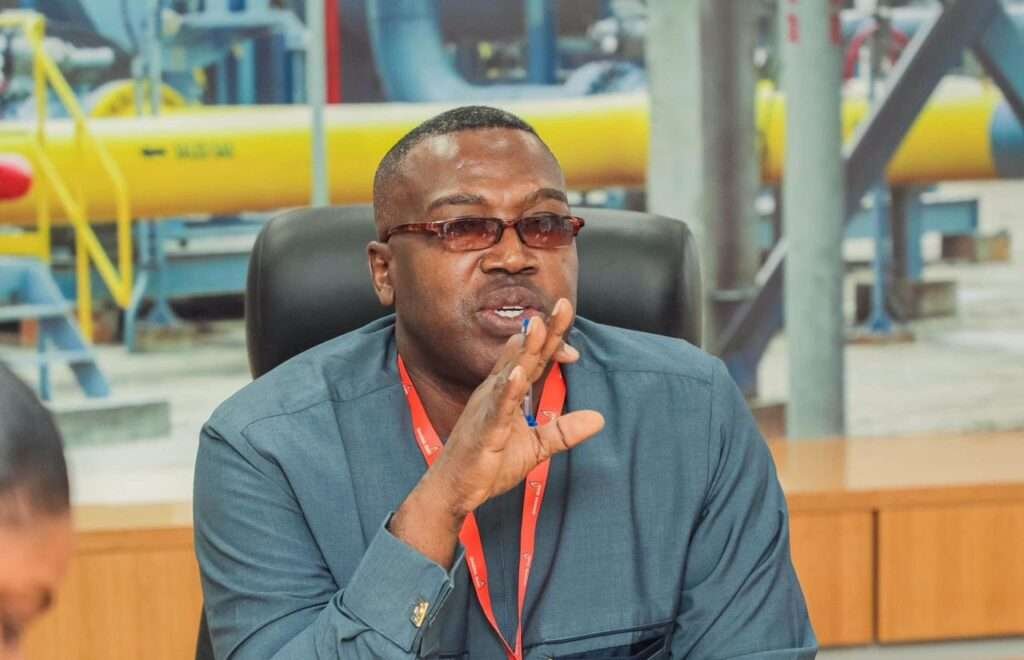
Energy stability remains a priority for Ghana Gas. The company’s infrastructure expansions, such as the installation of the Anokye compressor, have tripled gas distribution capacity, ensuring reliable supply to power plants and industries.
Dr. Asanti emphasized, “Ghana Gas handles approximately 85% of the gas used for thermal power generation, making it a cornerstone of the nation’s energy stability.”
The integration of gas into the power value chain has reduced the country’s dependence on volatile and expensive liquid fuels.
As Dr. Asante noted, gas is the “first gate” in the power value chain, feeding thermal plants that complement hydropower and emerging renewable energy sources like solar and wind. This diversification has minimized disruptions and enhanced Ghana’s energy portfolio.
Community Development and Indigenization
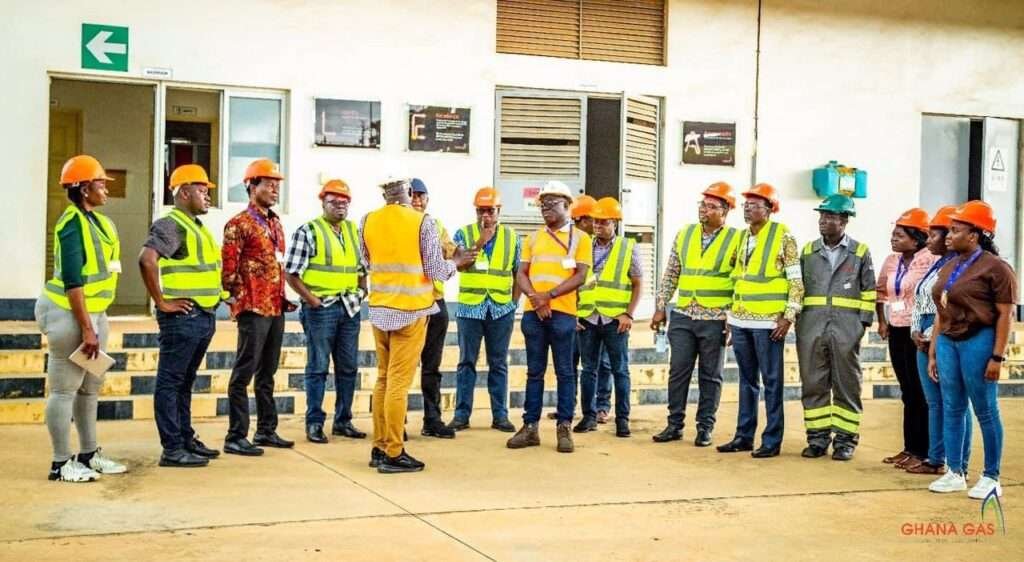
Ghana Gas recognize that the benefits of gas must extend beyond industrial gains to reach communities.
“To date, the company has completed over 400 corporate social responsibility (CSR) projects, with 88 more underway.
“These initiatives span health, education, water, sanitation, roads, and sports, reflecting a holistic approach to community upliftment.”
Dr. Ben K. D. Asanti, CEO of Ghana Gas
The Chief Executive Officer of Ghana Gas, Dr. Ben K. D. Asante, also lauded the strides made by the company in localizing the operation and management of its infrastructure since taking a bold decision to prioritize human capacity development in 2017.
According to Dr. Asante, Ghana Gas infrastructure, built with the assistance of the Chinese and commissioned in 2014, was initially operated entirely by Chinese engineers and technicians. This presented significant challenges for local staff, especially since many operational manuals were in Chinese.
“The biggest issue I had was that most of the operating models were in Chinese. It was very difficult for our young engineers, young men and women, engineers and technicians to actually follow along.”
Dr. Ben K. D. Asanti, CEO of Ghana Gas
In April 2017, Ghana Gas embarked on an ambitious project to fully train Ghanaian engineers and technicians to independently manage the infrastructure. Dr. Asante highlighted that the decision was not only strategic but also transformative.
“We took that bold step. We said, ‘No, We want to take our own young engineers, men and women, and train them to operate our infrastructure—to man the control rooms, to go to the processing floors, to be at the storage facilities, and handle all these utilities.’ Every one of them should be a local, should be a Ghanaian.”
Dr. Ben K. D. Asanti, CEO of Ghana Gas
The transition has had a significant financial impact. Dr. Asante revealed that Ghana Gas has saved approximately $3 million every month since the departure of the Chinese operators. To date, the savings amount to an estimated $250 million.
Dr. Asante disclosed that the company has created about 1,000 permanent and contractual jobs for Ghanaians, boosting the local economy and building a skilled workforce.
Dr. Asante expressed satisfaction with the progress made over the past seven years, describing it as a win-win situation for Ghana Gas and the nation at large.
“We are paying our people anyway, so with the Chinese gone, that burden is lifted. This is a clear indication of what we can achieve as a nation when we invest in our people,” Dr. Asante concluded.
As Ghana transitions toward a greener economy, natural gas remains a bridge between traditional fossil fuels and renewable energy. Its low carbon footprint and cost-efficiency make it a strategic resource for achieving energy security while mitigating climate change impacts.
READ ALSO: Dr. Apaak Criticizes NPP’s Free SHS Claims, Outlines NDC’s Vision




